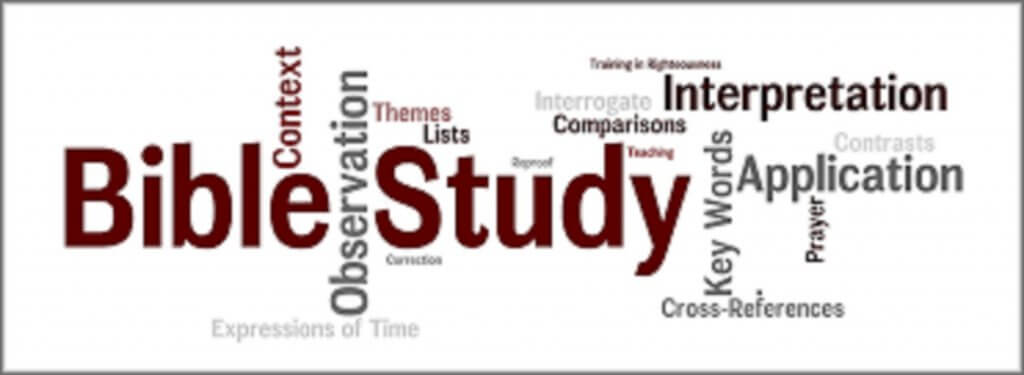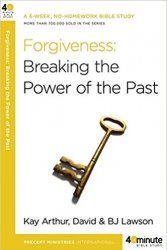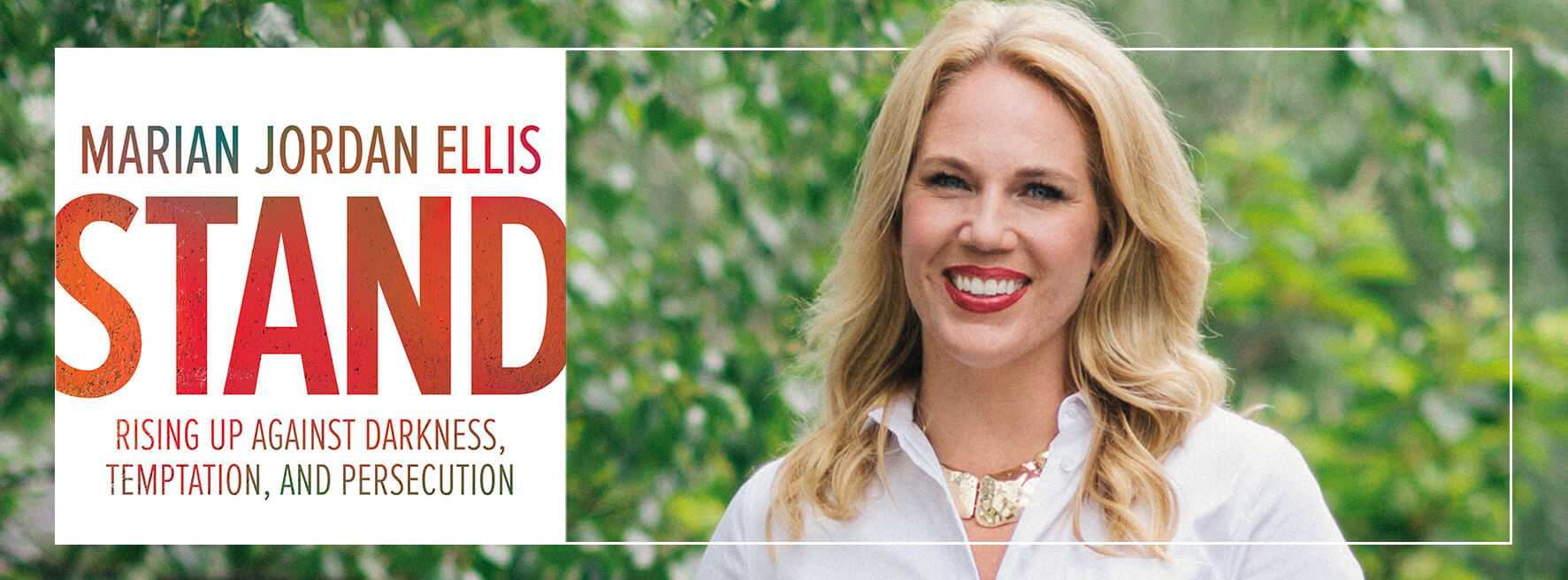
Bible Study Methods Courses – A Great Way to learn to study the Bible
Bible Study Methods Courses
Back in early 2006, my husband and I, found that we really wanted to delve deeper into the Word, and realized when we saw a sign promoting a Bible Study Methods class from the College of Biblical Studies that was being held at our church, that we wanted to check it out. The College of Biblical Studies offered this class FREE so why not, right? Just one night per week for 8 weeks. So we did it!
The instructor of the course, Dr. William Boyd, was amazing. He obviously had been a student of the Word for many years and was well versed in all the terminology/methods taught in the class, some of which were brand new to us!The Course Objectives
- That each student engages in critical thinking about the value of inductive and/or deductive approaches to studying the Bible
- That each student develops rudimentary skills in the inductive approach to the Scripture by preparing written assignments on the observation, interpretation, and application of Scripture. (I have mention these terms before when writing about Precept Upon Precept studies by Kay Arthur).
- That each student develops basic facility in the application of the inductive method to specific methods or techniques of Bible Study, such as outlines, word studies, mechanical layouts, and biographies.
- That each student experiences the joy of personal discovery as he learns to see the truths about God without any assistance other than the Holy Spirit and the Scripture.
- That each student develops, as a result of his/her study of the Word of God, greater conformity to the image of Jesus Christ.
Textbooks: New American Standard Bible and ‘Living by the Book: the Art and Science of Reading the Bible’ by Howard G. Hendricks. Also a reference book: Methodical Bible Study by Robert A. Traina, first published in 1952.

Part I – The Inductive Method Analyzed
Lecture and Discussion and Assignments related to:
- Observation – What does it Say?
- The Laws of Scripture
- Interpretation – Exegesis (Context, Culture, Construction, Categories of Literature)
- Application – What does it Mean to Me?
- Correlation – How does it fit with the rest of the Scriptures?
- Exposition – How to use it for Teaching (Pedagogy) and Preaching (Homiletics)
- Edification – Istruction of others with Love
Part II – The Inductive Method Applied
Lecture and Discussion and Assignments on:
- Mechanical Layout
- Hermeneutics (Context)
- Outlines
- Word Study
- Hermeneutics (Construction) Biography
- Hermeneutics (Categories)
What is this – Outlines and Foundation Layout?
I know, you are thinking this is not an English Grammar class. Why are we doing Mechanical Layouts and Outlines? Well, just as we learned in English Grammar that outlining helped us understand what a book or a paragraph or a sentence was saying, outlining Scripture does the same as well. Many times we find that what we ‘thought’ the Scripture was saying or what we thought was important, takes on a whole new light after outlining it.
What is Hermeneutics?
It is the science of interpretation, especially of the Scriptures. Also the branch of Theology that deals with the principles of exegesis. It actually originated in the 1700’s. Origin of the word is Greek, hermēneutikos meaning expert in interpretation, from hermēneuein to interpret, from hermēneus interpreter, of uncertain origin.
What is Exegesis?
It is a critical explanation or interpretation of a text, particularly, a religious text. It includes textual criticism (investigation into the history and origins of the text), but may include the study of the historical and cultural backgrounds of the author, text, and original audience. One who practices exegesis is called an exegete. Exegesis comes from the Greek word exegesis. Origin around 1610-1620.
Four Critical Principles of Hermeneutics:
1.) Always interpret a passage in light of its context.
- Immediate – Words right around the verse
- Intermediate – Verses right around the chapter
- Distant – Old testament and new testament
2.) Always interpret a passage in light of its culture
- General historical situation – history books
- Specific pertinent customs – culture of the times and the area
3.) Always interpret a passage in light of its construction
- Terms
- Grammar
- Structure
4.) Always interpret a passage in light of its category
- Narrative
- Poetry
- Parable
- Prophecy
- Typology
- And More
Summary
I have just given you a taste of what was included in the Bible Study Methods course we took. I can tell you that it changed our lives. It opened our eyes to how little we really knew and understood in the Scripture. It lead us to the next phase of our educational Scripture understanding journey in the Word. That spring we also began attending Precept Upon Precept classes at the church.
Precept Upon Precept Studies follow the Inductive Study Method as well. I highly recommend if you are feeling lead to get deeper into the Word and the Holy Spirit is saying do this, get into one of these classes. I have given you enough information here for you to determine whether the Bible Study Methods class you are looking into has the basics you should get from the class. Also, without a doubt, I recomment all Kay Arthur Studies at Precept Ministries International. (www.precept.org)
I highly recommend the Bible Study Methods class at College of Biblical Studies in Houston as well. There are other colleges and seminaries that offer a similar course as well.
If you have questions feel free to comment on this blog. I will reply to you as soon as possible. If you want me to take a look at a class you are considering, send me the info in the comments section of this blog.
Clicking on links books in this blog will take you to a site where you may purchase the books. If you purchase from the links we may receive a small commission.
Please leave a comment below. We welcome your thoughts! Have a blessed day!
Please note that by submitting a comment you are also consenting to us storing your info from this submittal in our records. We will not furnish this information to any third parties. It is just stored in case we need to contact you.





